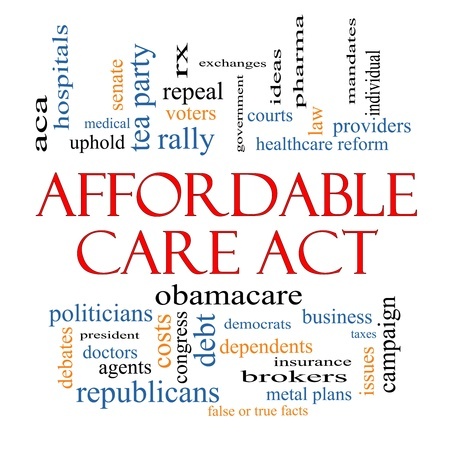
Pros and Cons of the Affordable Care Act
Posted: October 3, 2017
The most comprehensive reform of the U.S. health care system since the amendment to the Social Security Act in 1965 that created Medicaid and Medicare, the Patient Protection and Affordable Care Act (PPACA, known as the Affordable Care Act or ACA) has been described as the ultimate remedy seeking to provide adequate access to health care for most Americans. Growth in health care costs affects our nation and our government. Premiums for health care insurance have more than doubled since 1990. Created to improve access and reduce costs, the ACA will be shaped in the future by regulators and the procedures and changes they might incorporate in years to come.
Critics of the Affordable Care Act argue that not only will it fail to provide its intended universal coverage, it will not curb the rising tide of health care costs, and may in fact contribute to the continued increase (Journal of Family and Economic Issues, Michael Tanner).
What is not in doubt is that certain aspects of the ACA will continue to be examined in years to come, as well as the law itself. What evolves from legislation passed in 2010 will affect all Americans in one way or another; some positively, some not. Should the Act morph into a cost fighting mechanism that can reduce not only health care costs, but insurance premiums as well, most Americans would benefit in many ways.

